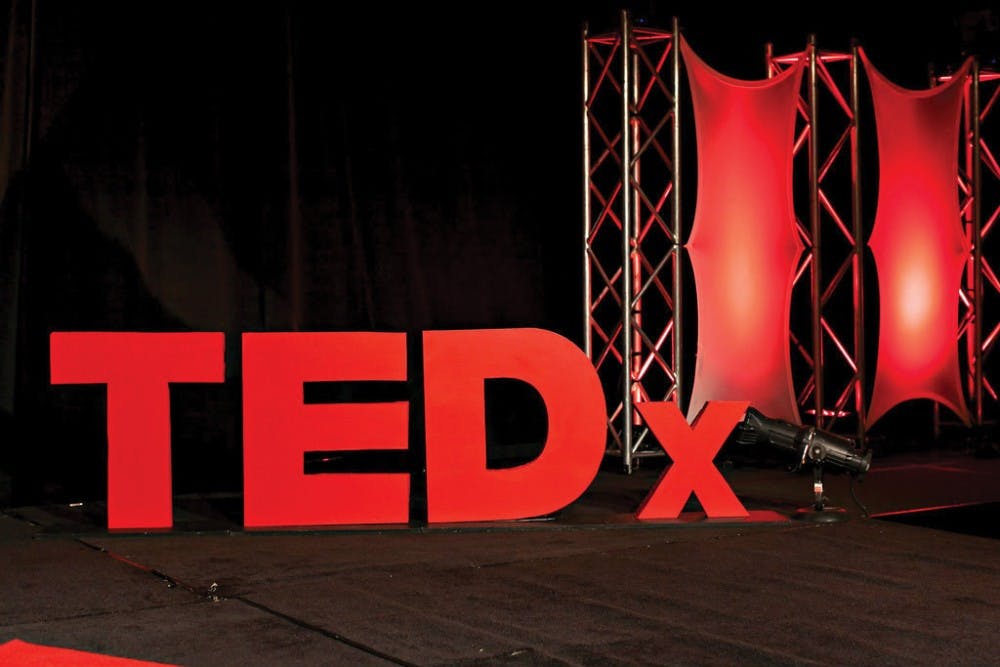As a young girl growing up next to the Field Museum of Natural History in Chicago, Lauren Sallan was fascinated by fish and hoped to one day become a marine biologist. Several decades later, her passion eventually landed her a talk on the TED stage.
This April, Penn paleobiologist Lauren Sallan, an assistant professor in the Department of Earth and Environmental Science, will be delivering a TED talk in Vancouver, B.C., as a 2017 TED fellow. Sallan joins a class of 15 other young innovators from around the world who will be sharing the stage.
Sallan’s primary research interest lies in macroevolution, which she refers to as the “cutting edge of paleontology.” Instead of merely studying individual fossils, Sallan uses big databases of fossil records to see how evolution plays out over long timeframes. Unlike most peer researchers in the field, Sallan has always been interested in studying fish fossils rather than shells, which are more abundant and easier to access.
“Everyone was concentrating on [shells], and no was really looking at what fishes could tell us,” Sallan said. “But fishes have really awesome fossils, and there were all these questions like ‘how did they react to past mass extinctions, how many fishes were alive at one time,’ that no one knew the answer to.”
As a graduate student at the University of Chicago, Sallan discovered a hidden mass extinction — the biggest mass extinction of fish of all time. Even as her fellow researchers were focusing on shells, Sallan instead noticed hints of environmental changes and gaps in the vertebrate fossil record, which led her to search for extinctions of fish.
In her TED talk, Sallan plans on explaining how scientists can use fossil records to unlock secrets about the biological world that existed in the past. In particular, she will examine how fish have reacted to mass extinctions and climate change, as well as how scientists can make better predictions about the future using this data.
“Fishes don’t exist in a vacuum,” Sallan said. “They are an essential part of our marine ecosystems, so to really understand how whole ecosystems respond to challenges, we need to be able to see how they [have] responded in the past.”
Through her talk, Sallan hopes to convey that paleontology is “cutting edge science” that helps us predict future events.
“The fossil record itself is the ultimate database of evolution,” Sallan said. “It’s not a dead field, much like the specimens.”
Around the classroom, Sallan’s passion for her work is easily recognizable.
“[Sallan] seems to genuinely care about her research,” College freshman Sabine Nix, who assists Sallan in her research, said. “She takes time to explain the background of the projects I help her on and how they are relevant in today’s world. She also has a lot of fish around her office.”
Sallan joined the Penn faculty in the summer of 2014.
“Lauren has been very successful in her research, and her contributions to modern paleontology and evolution are amazing,” department chair Reto Gieré said. “The department of Earth and Environmental Science is very proud of Lauren, who is making international headlines.”









